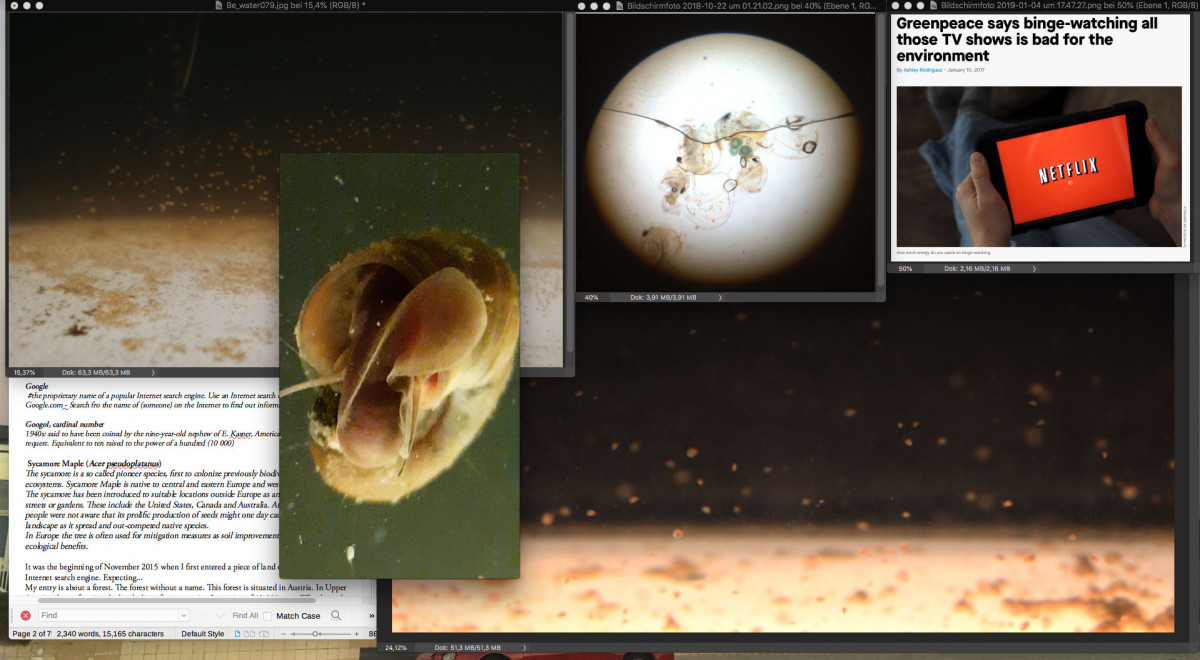During the residency in Cyprus, I continued working on the topic of digital Greenwashing, using the time in Nicosia to deepen specific sections of the presentation initiated with Antonio Zingaro at RIXC festival.
The work started by cross-referencing the online database of The Green Web Foundation, an online directory in which around 500 allegedly sustainable hosting providers are listed at the moment. The database is a very captivating one and the idea behind that is to give visibility to good practitioners – environmentally aware tech provider companies who claim to power their infrastructure swith purely green energy. The only Cypriot company listed here Elcoserv presents nevertheless what is a common practice of many other small or large infrastructure firms: besides being listed as “sustainable”, there is very little documentation on how they are otherwise helping the environment. In fact, checking for the location of the infrastructure behind that, it shows a nested system of green data centers apparently hosted on other green data centers located somewhere else in the world. Referring to elcoserv.com, that website is hosted in a IP address belonging to the dutch company LeaseWeb Netherlands B.V..
“Operating from Cyprus, our team is 100% remote and they work from their homes which also makes us one of the greenest hosting companies out there.” [1]
Another point of the research was the growing number of ecological labels, which are also gathered on an online listing Ecolabel Index. After a simple research, there appear to be at least 13 labels which are directly linked to Cyprus. Many of these belong to international corporations (such as Starbucks or Timberland) or European agreements pushing towards the adoption of sustainable standards for consumerism activities (like EarthCheck). Not blaming the positive intention to help the environment, a point of critique in this listings is the blind faith in the possibilities of consumerism in saving the world from the ecological catastrophe. This idea, instead of pushing people into more radical actions against pollution and the extraction of resources from the earth, canalizes the environmental feeling of individuals into buying more products and generally not declining consumerism, which can be instead made good through green logos. This is visible through the very simple offer of buying an .eco domain, very dominant on the Ecolabel index website, to look immediately more green without any particular effort.
As an overview of greenwashing practices, my research focused on another recent mechanism of online shopping: buy one, plant one. I focused on various companies that include the environmental friendliness in their marketing toolbox and offer to the customers the comfortable possibility of saving the environment by simply buying bottles of wine or shoes. In the price of the item there is already included an amount of money that will be donated to initiatives planting trees in dry countries such as Cyprus.
I tried to condense all these researches and contemporary form of sometimes naive ecological ideas – which are quite often taken by companies as an cheap (and very often particularly cheesy) way of reaching the heart of potential customers. In the exhibition I tried to include a schematic visualization of the research, a wireless installation allowing the visitors to approach the aesthetics of ecolabels and an ephemeral celebration of the companies which are most successful in planting trees.
[1] retrieved under https://web.archive.org/web/20150316190007/http://www.elcoserv.com/about/ and still available at https://www.elcoserv.com/about/
